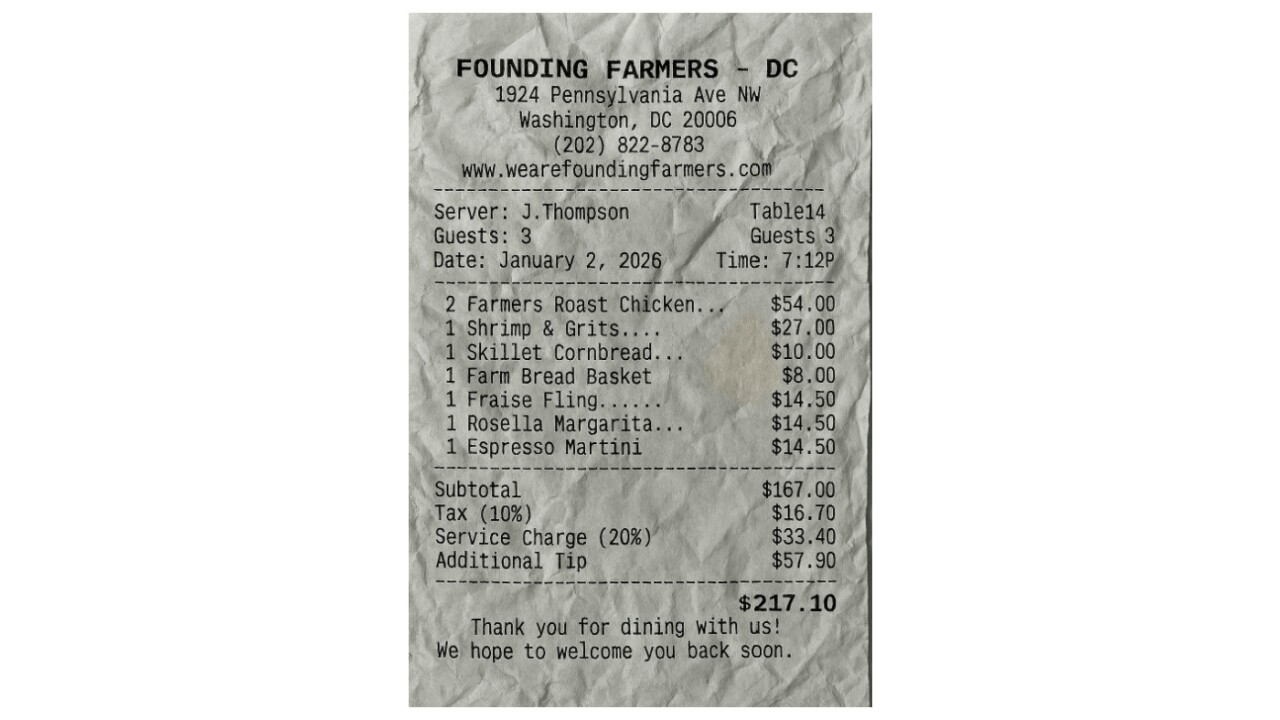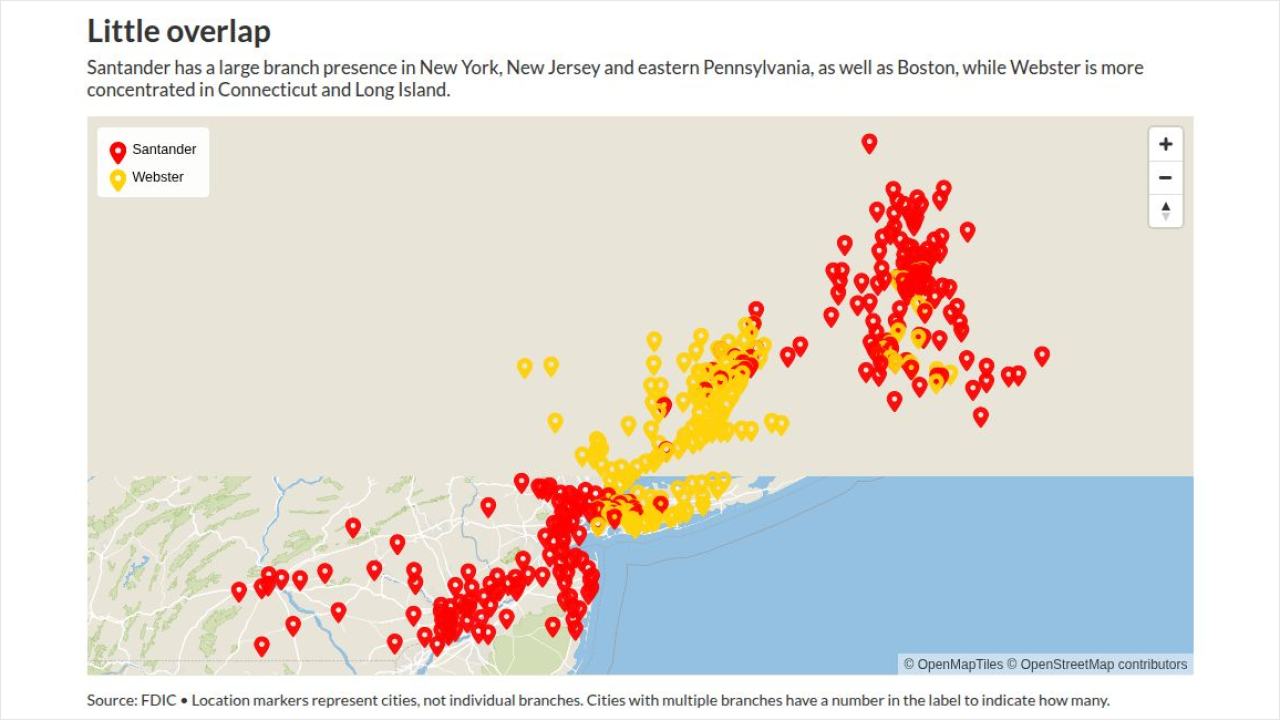Despite the recent performance of the stock market, the aftermath of the COVID-19 pandemic has driven us into one of the most extreme economic declines in history. However, the Nasdaq recently hitting a record high can provide us with an important clue as to how the economy will recover.
With interest rates near zero and unemployment at an all-time high, the Fed and Congress have now executed upon their stimulus plans. But there is still a lot of work to do to get to a new economy. Open banking and digitization will play an important role in this evolution, by supporting the next wave of technology innovators and innovations.
Startup activity tends to increase after a significant economic event, and the innovations started in those early recovery periods typically become anchors for the next economic cycle. Since the global financial crisis more than a decade ago, we have seen companies such as Uber and Airbnb become massive economic entities, with net incomes surpassing $8.5 billion and $93 million respectively. What was unique about that crisis was that it also created a crisis of consumer confidence toward some legacy financial institutions and sparked a willingness (or perceived willingness) for consumers to leverage nonbank service providers. This happened to coincide with the widespread adoption of smartphones — notably the iPhone and the launch of Apple Inc.'s App Store. As consumer expectations rose along “there is an app for that” thinking, many fintech upstarts happily built to serve these newly heightened expectations.
The emergence of the fintech industry since that crash has been nothing short of phenomenal — more than 100 new companies launched in the U.S. each year between 2009 and 2016, and nearly 300 were started in 2012, according to
When considering how to rebuild our economies this time around, we must take into account that the world today is very different from the one that experienced the crash of 2008. For one, job losses are staggering and sudden, and the world has been forced (basically overnight) to become
While the current crisis doesn't revolve around our trust in financial institutions as much as it did in 2008, it has in some ways altered our relationships with financial services. Both individuals and businesses are increasingly likely to transact digitally now, which has created further pressure on incumbents to meet those expectations and expand the opportunities that are available for startups and digital insurgents to create new streams of value.
Finally, as much as we’ve heard that financial technology is being disrupted or competing with banks, that does not appear to be true. Competition in financial services is additive, meaning it grows the whole pie. This concept of a high tide raising all boats across the economy is central to our efforts at
There are still huge segments of society that are
During the wave of fintech innovation that has occurred over the past decade or so, innovators have gone without meaningful and reliable access to the financial data and processing ecosystem. The value in North America has actually been created on the back of rudimentary tricks such as
In our current economic climate, it is incredibly important to ensure that these kinds of platforms and initiatives are supported and allowed to grow amid the need for economic renewal after a period of devastation. Following three months of living in a digital-first world, the next wave of innovators in America are itching to create new disruptive innovations. The better the building blocks we can provide for them, the faster they will be able to contribute to our collective economic recovery.





